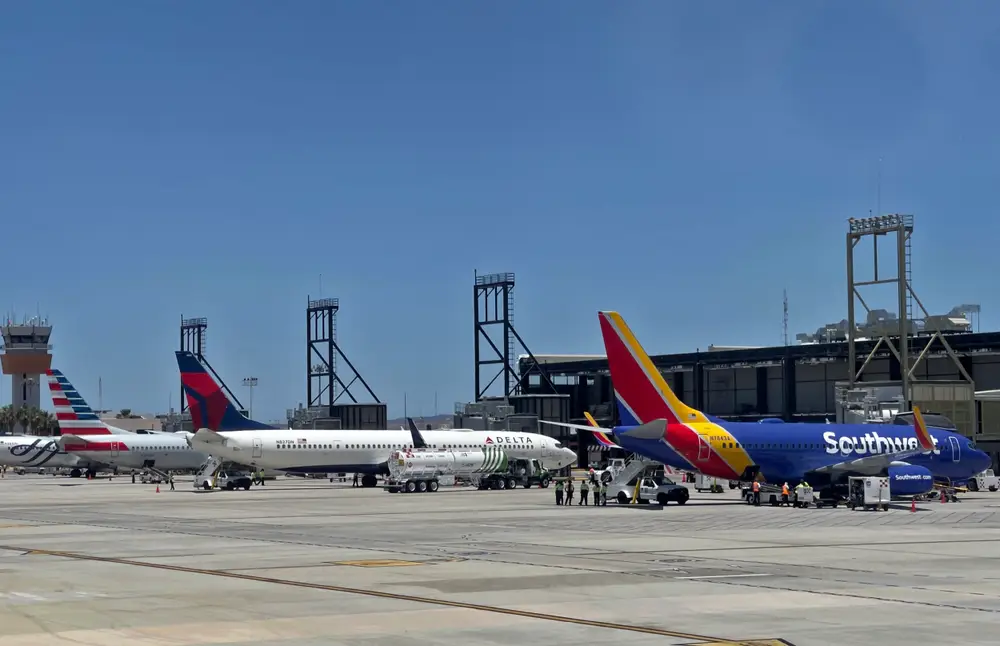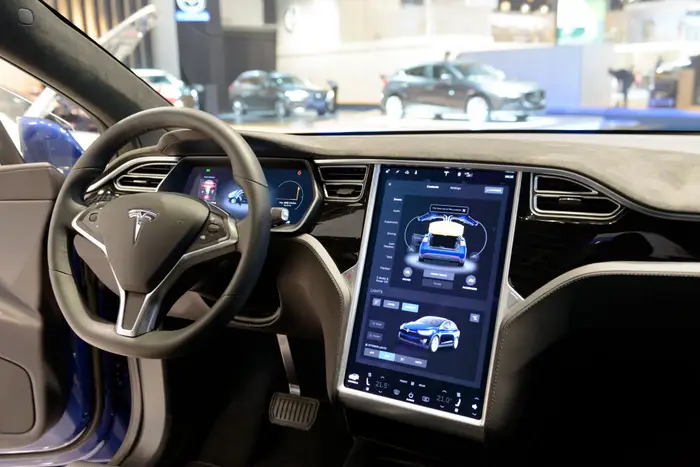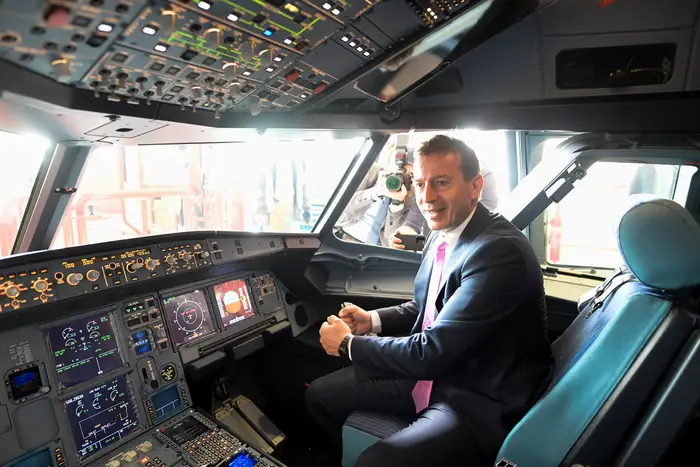The feds are investigating if airlines are being stingy with your rewards

Southwest Airlines, Delta Air Lines, and American Airlines aircraft.
The feds want to make sure airlines aren’t shortchanging their customers out of their hard-earned points.
The Department of Transportation announced on Thursday that it was investigating the rewards programs of the four largest US airlines — American, Delta, Southwest, and United — to make sure the companies aren’t being unfair, deceptive, or anticompetitive with their frequent fliers.
The department said it would look into how participants in “airline rewards programs are impacted by the devaluation of earned rewards, hidden or dynamic pricing, extra fees, and reduced competition and choice.”
“Points systems like frequent flyer miles and credit card rewards have become such a meaningful part of our economy that many Americans view their rewards points balances as part of their savings,” Transportation Secretary Pete Buttigieg said in a press release.
“These programs bring real value to consumers, with families often counting on airline rewards to fund a vacation or to pay for a trip to visit loved ones,” Buttigieg continued. “But unlike a traditional savings account, these rewards are controlled by a company that can unilaterally change their value. Our goal is to ensure consumers are getting the value that was promised to them, which means validating that these programs are transparent and fair.”
The department said airlines reserved the right to change their programs’ terms whenever they wish, meaning they could at any time move the goalposts and add hurdles by restricting points, limiting who can use the points, changing expiration dates, and wiping out complimentary benefits.
As part of the inquiry, the department has ordered the four airlines to cough up a lot of documentation.
Specifically, the airlines must provide information on how their policies have changed in recent years and how those changes have affected customers; identify the dollar value of each point; describe their practices related to dynamic pricing; detail the fees associated with their rewards programs; and disclose documents showing how airline mergers had affected rewards programs.
Airlines for America, an industry trade organization representing all four major airlines, said in a statement that “Millions of people enjoy being a part of various loyalty programs, which allow them to accumulate rewards to apply toward travel or other benefits.”
“US carriers are transparent about these programs, and policymakers should ensure that consumers can continue to be offered these important benefits,” the organization said.
When asked for comment, United and American Airlines referred to Airlines for America’s statement. The other two airlines, Delta and Southwest, stressed that they value customer loyalty.
“Our Members’ loyalty means everything to us, and providing a meaningful rewards experience is the top priority within Delta’s SkyMiles Program,” Delta said in a statement. “We received the DOT’s inquiry and will respond accordingly.”
“At Southwest, we take great pride in our award-winning Rapid Rewards program, which includes flexible travel policies and unmatched availability of reward seats,” that airline’s spokesperson wrote in a statement to B-17.
Selling frequent flyer miles to credit card companies so they can be offered as rewards for holders of co-branded cards like Delta’s SkyMiles AMEX and American’s AAdvantage Citi Mastercard has become a highly lucrative source of extra income for airlines in recent years.
In 2023, Delta Air Lines earned $6.8 billion from American Express, while American Airlines made $5.2 billion from its Citi Mastercards and other partners.
Delta landed in hot water with its frequent flyers last year when the airline overhauled its rewards accrual formula, making it more difficult for customers and co-branded credit card holders to reach elite status. The airline also received backlash from consumers when it severely limited lounge access for AMEX card holders, a key perk for those pay hundreds of dollars in annual fees for the card.





